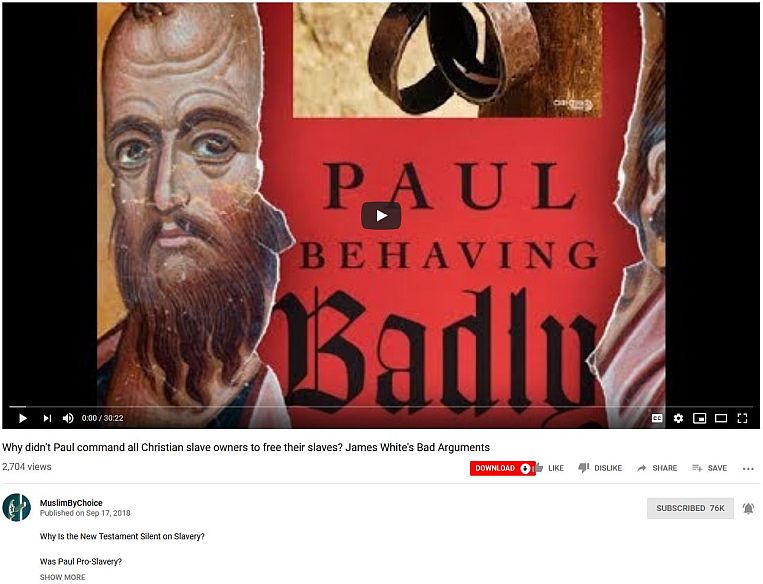 photo by Crystalina
photo by Crystalina
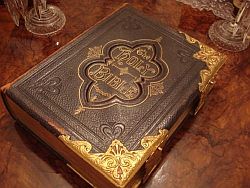 photo by serpentineantiques.co.uk
photo by serpentineantiques.co.uk
Both the Christian and Islamic faiths depend on revelation in order to know anything about God beyond what can be learned through observing nature. Muslims claim that the Quran is the eternal Word of Allah, sent down to earth, complete in its original form and unchanged. Christians, on the other hand, believe that Jesus Christ is the eternal Word of God, sent down to earth, complete in his original form and unchanged. The New Testament is held to a lower standard than that of the person of Jesus Christ upon which it is based: Is it eternal? No. Was it sent down from heaven? Inspired, but… no, at least not in the Quranic sense. Was it complete in its original form? Yes. Was it changed? Yes, but we know where the changes are for the most part. For both the Quran and the New Testament, the revelation and preservation of the ancient texts is of utmost importance, for they give us confidence that what the scriptures declare about God is reliable. The problem is: If both scriptures tell us contrasting views of God/Allah, which is reliable and trustworthy?
I’ve had the pleasure of engaging in an online conversation with several Muslims on YouTube on this subject. I hope to use this post as a vehicle for continuing those conversations as the YouTube comment mechanism can be uncooperative at times. As I have a day job, this interaction will require patience. Also, I’ll endeavor to be as informed, truthful and fair as possible, so careful research will be required. Please stay tuned!
Editor’s Note: This thread was moved from the main “Ask Me Anything” page. It was based on comments that originated from the YouTube video “A Guide To Missionary Tactics For MUSLIMS” by Radush Shubuhaat. Look for the thread by “A Berean” that begins “So much cynicism in less than 15 minutes…”


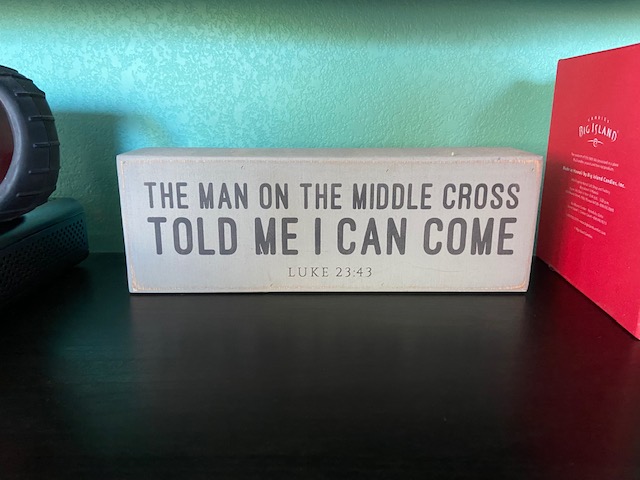
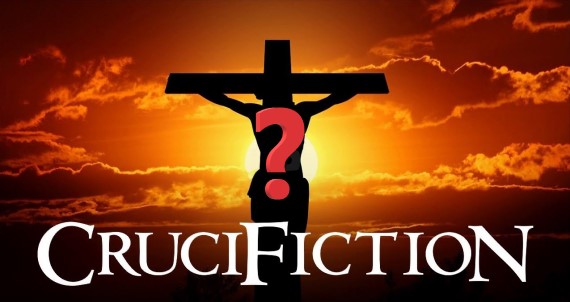



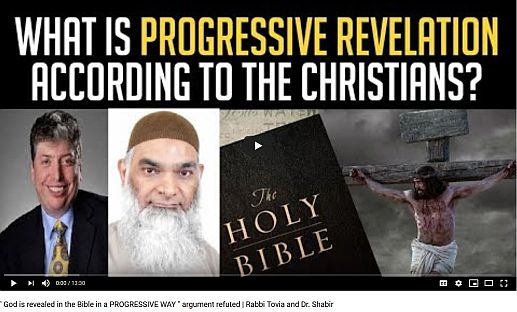
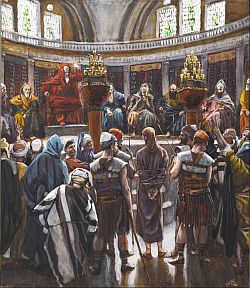
 photo by Crystalina
photo by Crystalina photo by serpentineantiques.co.uk
photo by serpentineantiques.co.uk